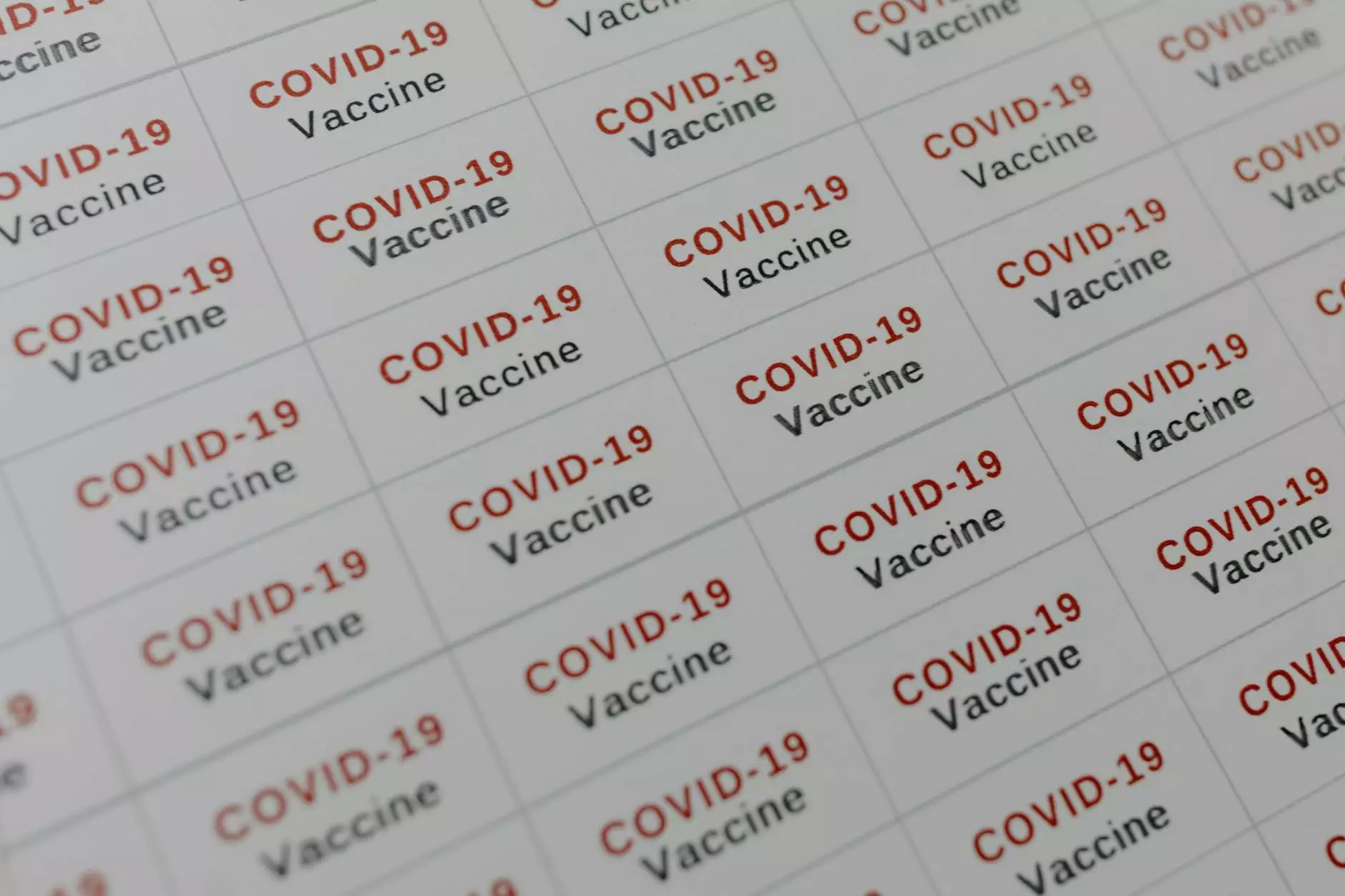The Role of CRM in the Pharmaceutical Industry

In today's dynamic business landscape, the pharmaceutical industry faces numerous challenges. From regulatory compliance to fierce competition, organizations must adapt to survive and thrive. One of the key solutions lies in the effective implementation of Customer Relationship Management (CRM) systems. This article explores the pivotal role of CRM in the pharmaceutical industry and how it can transform business processes for sustainable growth.
Understanding CRM Systems
CRM systems are software solutions designed to manage interactions with existing and potential customers. They are invaluable tools that assist businesses in streamlining processes, enhancing customer service, and fostering strong relationships. In the context of the pharmaceutical industry, the use of CRM is especially crucial due to the unique challenges and complexities involved.
Benefits of CRM in the Pharmaceutical Industry
The adoption of CRM systems in the pharmaceutical sector can yield significant benefits, including:
- Improved Customer Insights: CRM systems compile comprehensive data on healthcare providers, hospitals, and patients, providing organizations with actionable insights.
- Enhanced Communication: CRMs facilitate clear communication channels between sales teams and healthcare professionals, ensuring timely follow-ups and support.
- Regulatory Compliance: By tracking interactions and maintaining records, CRMs help pharmaceutical companies adhere to stringent regulations.
- Streamlined Operations: Automating routine tasks allows teams to focus on strategic initiatives, improving efficiency and productivity.
- Personalized Marketing: CRM tools enable targeted marketing efforts, tailoring campaigns to specific segments of the healthcare market.
Key Features of CRM for the Pharmaceutical Industry
A well-designed CRM system should offer several essential features tailored to the needs of pharmaceutical companies:
1. Data Management
CRM systems should allow for the centralization of data related to products, clients, and interactions. This comprehensive data management capability ensures that all team members have access to up-to-date information, enabling informed decision-making.
2. Sales Force Automation
Automation of sales processes, including lead tracking and follow-ups, enhances the efficiency of sales representatives who can focus on building relationships rather than administrative tasks.
3. Analytics and Reporting
Robust analytical tools within CRM systems provide insights into sales performance, customer behavior, and market trends, allowing companies to adjust their strategies accordingly.
4. Integration Capabilities
Integration with other systems (like ERP and marketing automation software) is vital for a seamless workflow, ensuring consistent data flow across the organization.
5. Mobile Access
Pharmaceutical sales representatives often work in the field. Mobile CRM access allows them to retrieve data on the go, keep track of interactions, and update records in real time.
Challenges in Implementing CRM in the Pharmaceutical Industry
While CRM systems offer substantial advantages, implementation can face several challenges:
- Data Privacy and Security: The pharmaceutical sector deals with sensitive patient data, making compliance with regulations such as HIPAA critical.
- Resistance to Change: Employees may be hesitant to adopt new technologies, requiring comprehensive training and change management strategies.
- Integration Issues: Existing legacy systems may pose integration challenges when implementing a new CRM solution.
Best Practices for Implementing CRM in the Pharmaceutical Industry
To maximize the benefits of CRM in the pharmaceutical industry, companies should follow these best practices:
1. Conduct a Needs Assessment
Understanding the specific needs of your organization is the first step in choosing the right CRM system. Identify your goals, key functionalities, and any industry-specific requirements.
2. Choose the Right CRM Software
Select a CRM solution that offers features tailored to the pharmaceutical sector, such as robust reporting, compliance tracking, and mobile access.
3. Provide Comprehensive Training
Invest in thorough training programs for staff to ensure they understand how to use the CRM system effectively. This promotes user adoption and maximizes the potential of the software.
4. Ensure Data Quality and Compliance
Establish protocols for data entry and management to maintain data integrity and comply with regulatory requirements.
5. Continuously Evaluate and Optimize
Regularly assess usage patterns and system performance. Solicit feedback from users to refine processes and ensure the CRM is meeting the organization’s evolving needs.
The Future of CRM in the Pharmaceutical Industry
As technology continues to evolve, so too will the landscape of CRM in the pharmaceutical industry. Key trends shaping the future include:
- Artificial Intelligence: AI-powered CRM systems can offer predictive analytics, helping organizations anticipate customer needs and personalize their interactions.
- Enhanced Customer Experiences: Focus will shift towards creating seamless and engaging experiences for healthcare professionals and patients alike.
- Omni-channel CRM Strategies: Integrating multiple channels (email, social media, calls, etc.) enables a 360-degree view of customer interactions.
Conclusion
The implementation of CRM in the pharmaceutical industry is no longer a luxury but a necessity for organizations aiming to thrive in a competitive environment. By leveraging the power of CRM systems, pharmaceutical companies can enhance customer relationships, streamline operations, and drive robust business growth. As the industry moves towards a more data-driven future, adopting innovative CRM strategies will be key to navigating the challenges ahead.
crm in pharmaceutical industry


